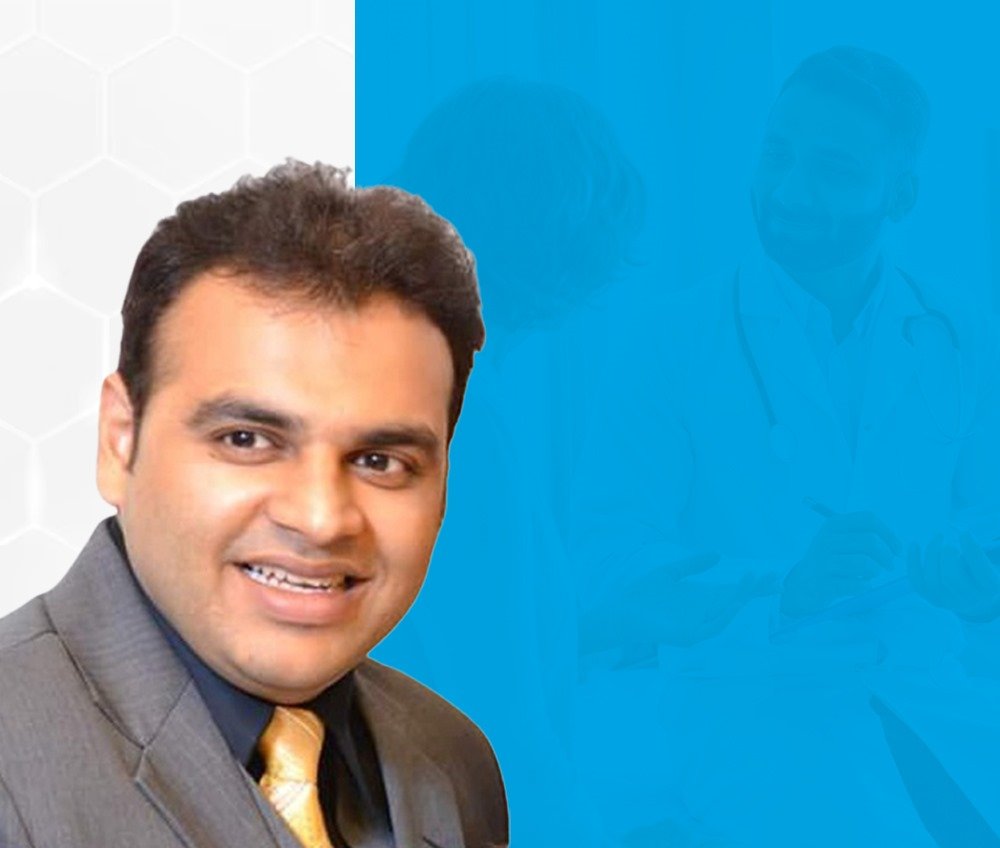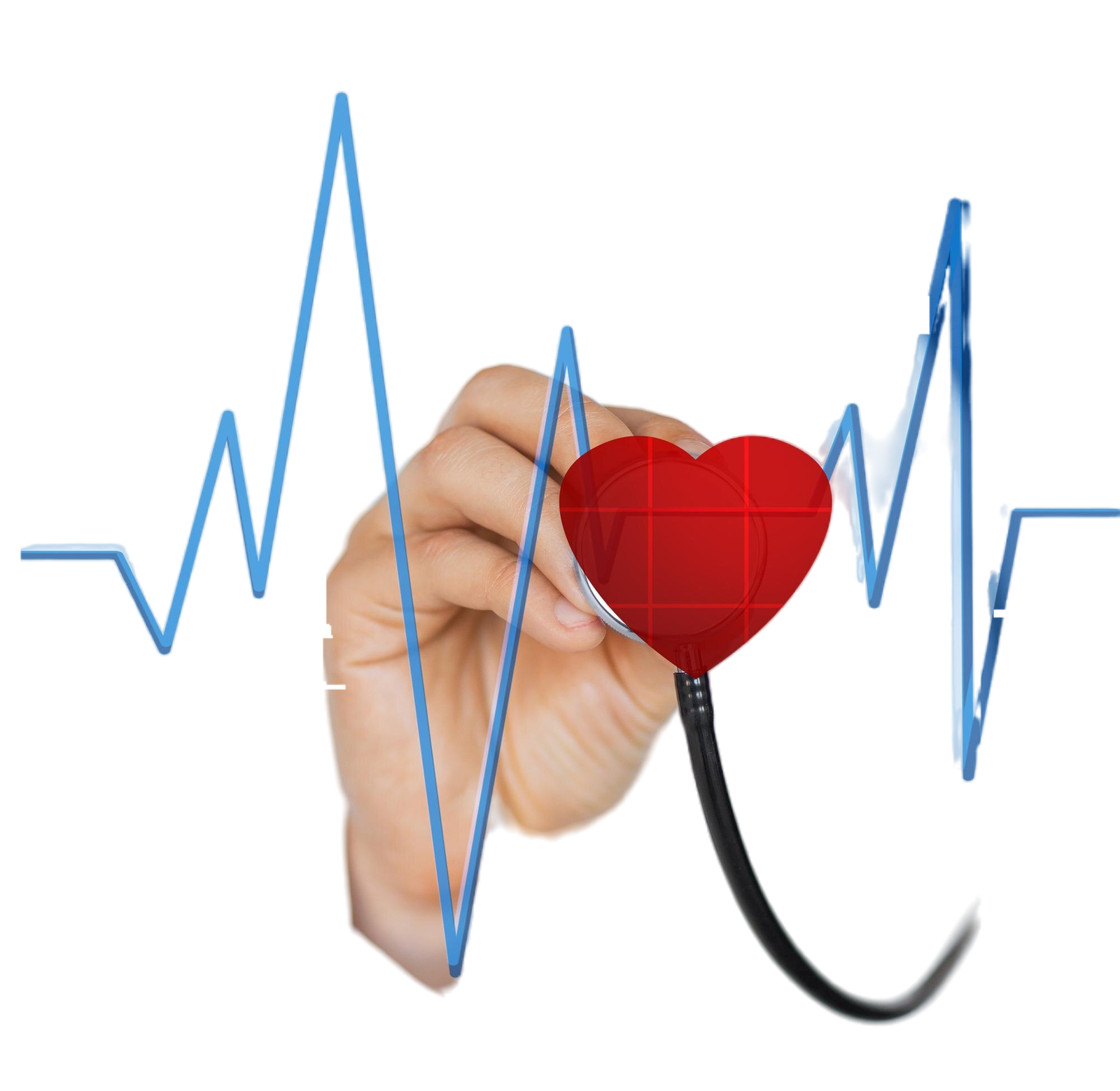
Don’t Ignore These Signs: How to Tell If It’s a Heart Attack A heart attack, medically known as a...
We Are Dedicated To Personalized Care & Innovative Solutions For A Vibrant Life.
We Are Dedicated To Personalized Care & Innovative Solutions For A Vibrant Life.



Measures the electrical activity of the heart to detect arrhythmias, heart attacks, and other conditions.
Uses ultrasound waves to create images of the heart, helping to assess heart function, structure, and blood flow.
Evaluates heart function under physical stress, often using a treadmill or stationary bike, to detect coronary artery disease.
A procedure in which a catheter is inserted into a blood vessel to the heart for diagnostic purposes, including measuring pressure and blood flow.
Assesses the carotid arteries in the neck for blockages, which can lead to strokes and indicate cardiovascular risk.






We provide top-tier cardiac care with a commitment to excellence. Our advanced treatments and personalized approach ensure that every patient receives the highest standard of care.

Your health and satisfaction are our top priorities. We are dedicated to delivering outstanding results, ensuring that you leave our care with peace of mind and a healthier heart.

Heart emergencies can happen at any time, and we're always ready. Our round-the-clock emergency services ensure immediate and expert care whenever you need it most.
Trustindex verifies that the original source of the review is Google. Best Cardiologist in Mumbai..undoubtedly..humble and extremely caring towards his patients..Trustindex verifies that the original source of the review is Google. We were extremely worried about our mothers heart problem.. and then we visited Dr. Ankeet Dedhia... He not only took good care of her health but also answered all our queries patiently, relieving our anxiety... Thanks Doc...Trustindex verifies that the original source of the review is Google. Worst doctor evetr seen in townTrustindex verifies that the original source of the review is Google. I never thought an angioplasty would be done with such calmness . Great intelligence applied while doing it all while ensuring me that I will be better for it. Such a great rapport built. His patients are his concern. His willingness to see them even when monitory gains are not visible is e rare find. Complete product knowledge and a healerTrustindex verifies that the original source of the review is Google. He is the best cardiomegaly

Don’t Ignore These Signs: How to Tell If It’s a Heart Attack A heart attack, medically known as a...

The Alarming Rise of Heart Attacks Among Youngsters: What You Need to Know In recent years, there has been...

Cardiac Arrest at the Gym: What You Need to Know and How to Respond Cardiac arrest is a sudden...

Common symptoms of heart disease include chest pain or discomfort, shortness of breath, palpitations (feeling of the heart skipping beats or fluttering), dizziness or fainting, swelling in the legs, ankles, or feet, and fatigue. It’s important to consult a cardiologist if you experience any of these symptoms, especially if they are persistent or severe.
To reduce your risk of heart disease, it’s essential to maintain a healthy lifestyle. This includes eating a balanced diet rich in fruits, vegetables, and whole grains, exercising regularly, avoiding smoking, managing stress, and maintaining a healthy weight. Regular check-ups with your doctor and monitoring blood pressure, cholesterol, and blood sugar levels are also important.
Several tests can be used to diagnose heart conditions, including an electrocardiogram (ECG), echocardiogram, stress test, blood tests, chest X-ray, and coronary angiography. Your cardiologist will recommend the appropriate tests based on your symptoms and medical history.
After a heart attack, it’s crucial to make lifestyle changes to prevent further heart problems. These changes include adopting a heart-healthy diet, quitting smoking, exercising regularly, managing stress, taking prescribed medications as directed, and attending cardiac rehabilitation programs. Regular follow-up appointments with your cardiologist are also important.
You should see a cardiologist if you have symptoms of heart disease, a family history of heart disease, high blood pressure, high cholesterol, or diabetes. It’s also important to consult a cardiologist if you experience unexplained chest pain, shortness of breath, or other heart-related symptoms. Early detection and treatment of heart issues can significantly improve outcomes.
Website is Designed and Handle by Hopeland Healthcare.